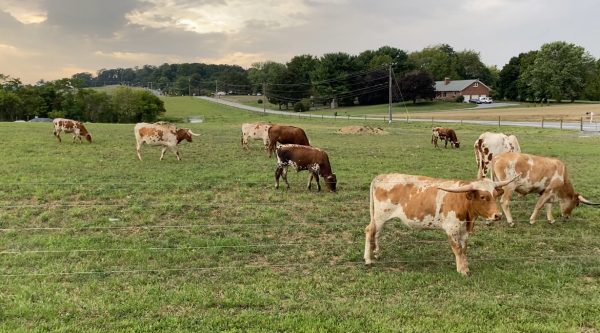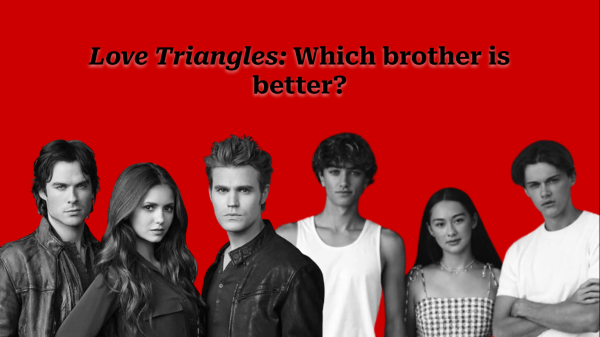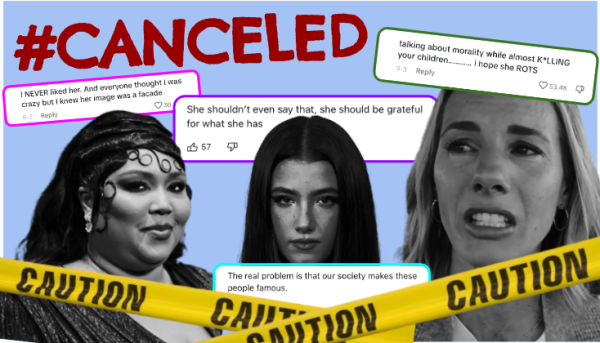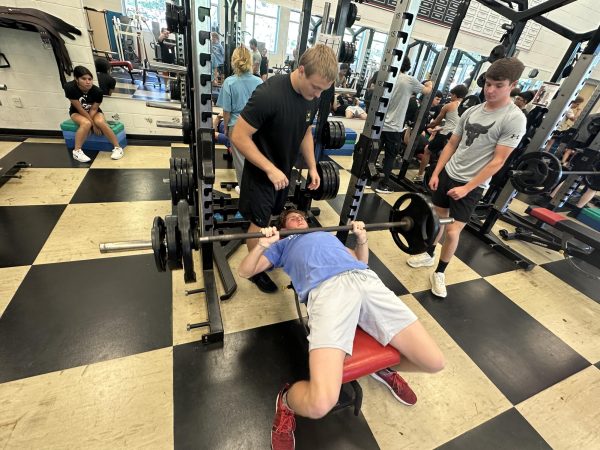Anonymous accounts encourage cyberbullying: It’s Time to Unfollow
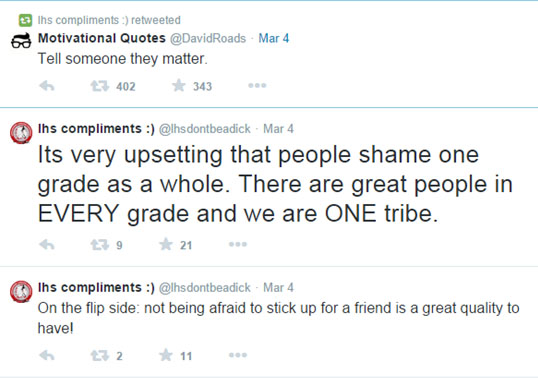
A section of tweets from LHS Compliments.
October 31, 2014
Have you heard of the latest Twitter accounts influencing the student discussions in the halls? I’m sure you’ve heard of Linganore Confessions and LHS Compliments. Now students have expanded their anonymity by making several new accounts including LHS People (108 followers,) LHS Compliments (308 followers,) Linganore Bananas (197 followers) and the_lance_Bae (109 followers)
Junior JD Ensor said last year he remembered seeing the first LHS twitter, LHS Confessions showing up on his “Twitter feed.”
While these accounts can be funny and playful, more concerning to me is that they can just as easily be used for cyber bullying and, in fact, make it easier for anyone to hurt others.
“Anonymity can be a good thing because you can share your opinions with the world without fear of social repercussions,” said Senior Shawn Verma. There have been several accounts of bad actions.
For example on LHS Bananas they posted “Freshmen are gay.” This included a picture. If the same student was identifiable in a classroom, that student would be sent to the office without question.
Senior Amanda Tapscott said, “It depends on the intentions of the person. If their intention is to use anonymity as a way to cyber bully someone, it is a bad thing.”
Some places like in the Glendale school district in suburban Los Angeles have gotten so much negative feedback that they have resorted to using their own kind of Big Brother method in which the school officials monitor their students’ social network accounts looking for any negative anonymity, or bullying in general.
School counselor Mrs. Kathy Becker said that her visits from students have decreased overall cyberbullying seems to be the greatest issue that she has seen.
“Kids use cyberbullying because it’s easier to make fun of the other person rather than saying it to their face,” Becker said.
Apple’s app store has several anonymous apps that students have easy access to. Student favorites are ask.fm, and the new app Yik Yak. On ask.fm students can choose to remain anonymous as they ask the other something. All of the questions that the user answers will appear on their profile for everyone to see. Each person makes a profiles, so, although the ability to ask questions anonymously exists, students have to agree to participate. With Twitter accounts, anyone can be a target of hate speech.
“It’s just another way for people to bully others, but anonymously,” said junior Cassie Wheelis.
Yik Yak is an app that doesn’t give anyone an account. Users open the app and anonymously submit a post that anyone within a 5 mile radius can view as well as “like” and respond to it anonymously. At first, it’s a great idea. But these apps can just as easily be used for bullying as they can for innocent comments or questions.
Verma sees it in a different way. “These apps can be helpful because it’s another outlet for social media and it could potentially help answer others’ questions.”
For example, someone could write, “Are there any good restaurants around here?” The responses might be useful. Originally, the app was designed for use in closed environments like concerts or college campuses. Now, it can be used for hate speech, too.
It would be unreasonable to expect a school to police all anonymous accounts. That would be against the open intent of the internet. The better answer is for students to stop encouraging the anonymous posters by refusing to “like” or follow. The anonymous will starve for the lack of attention.
“We need to ignore the bullies,” said Hornbeck.
I dare you to click “Unfollow.”


